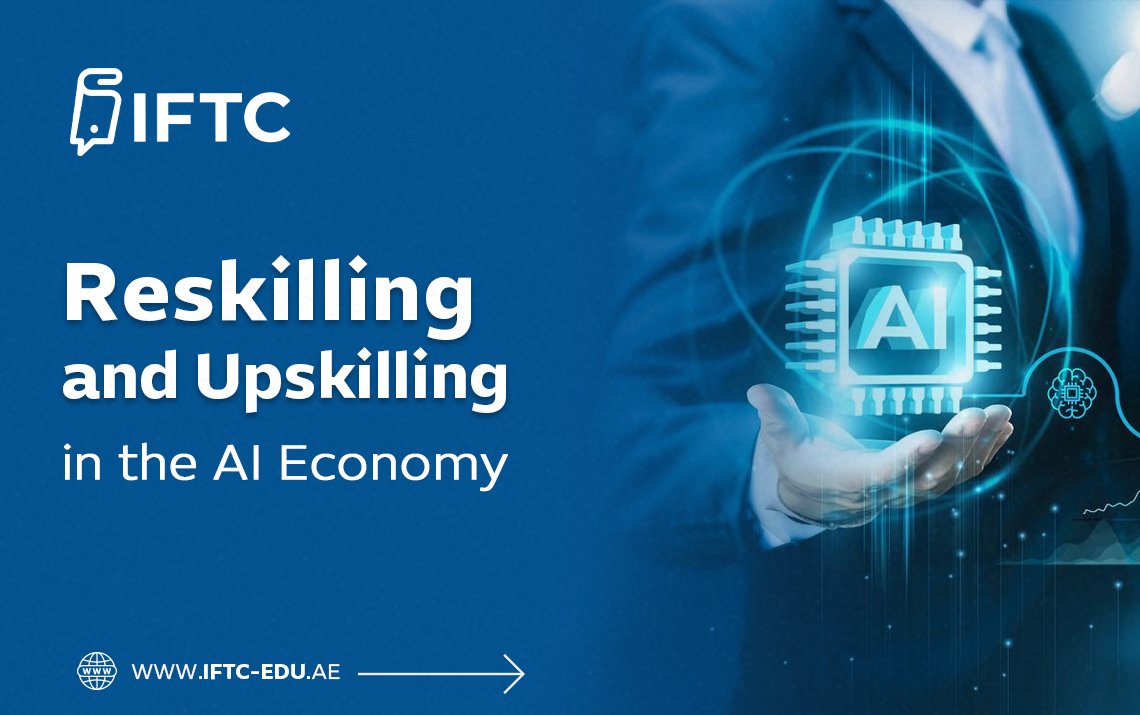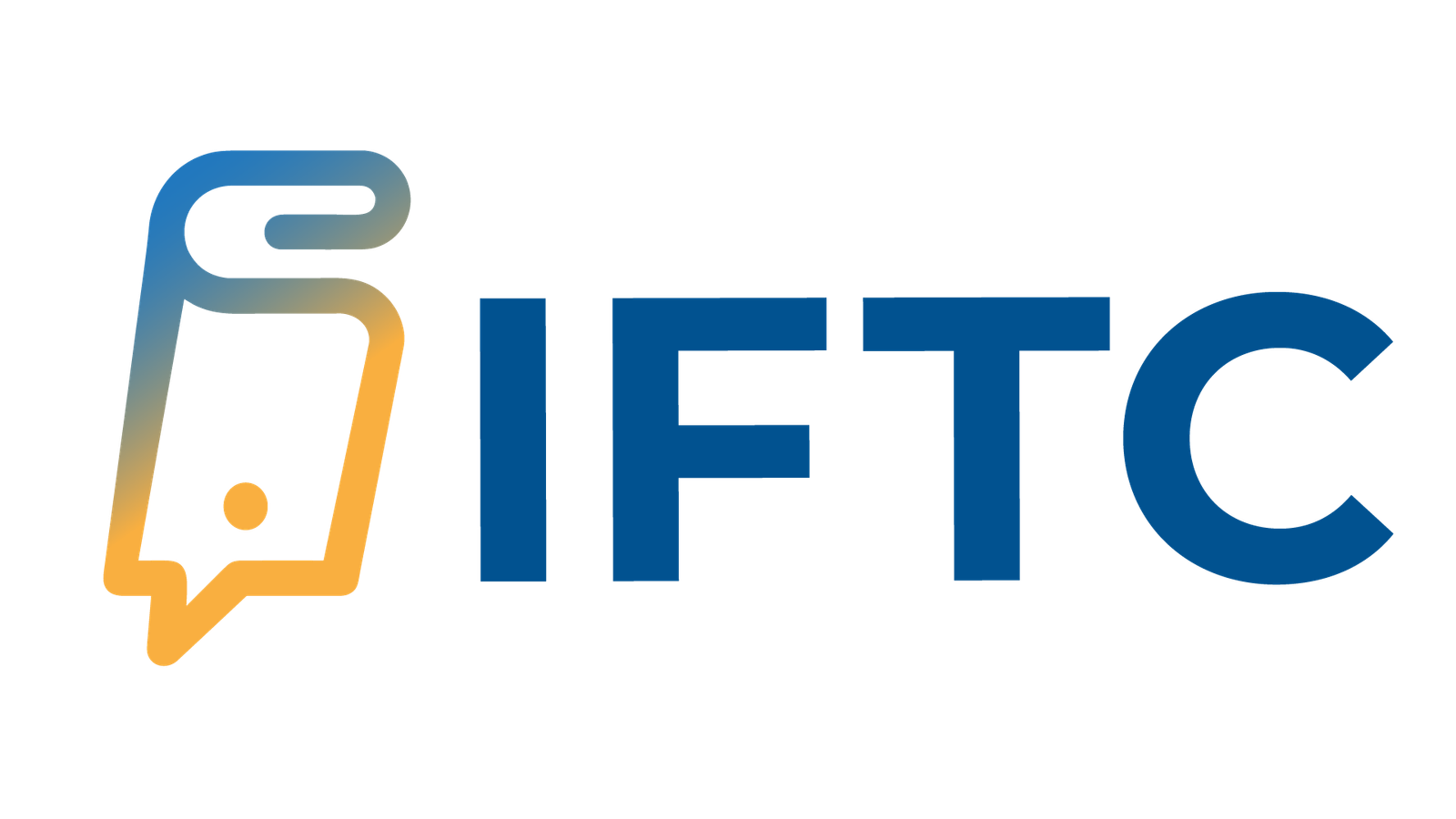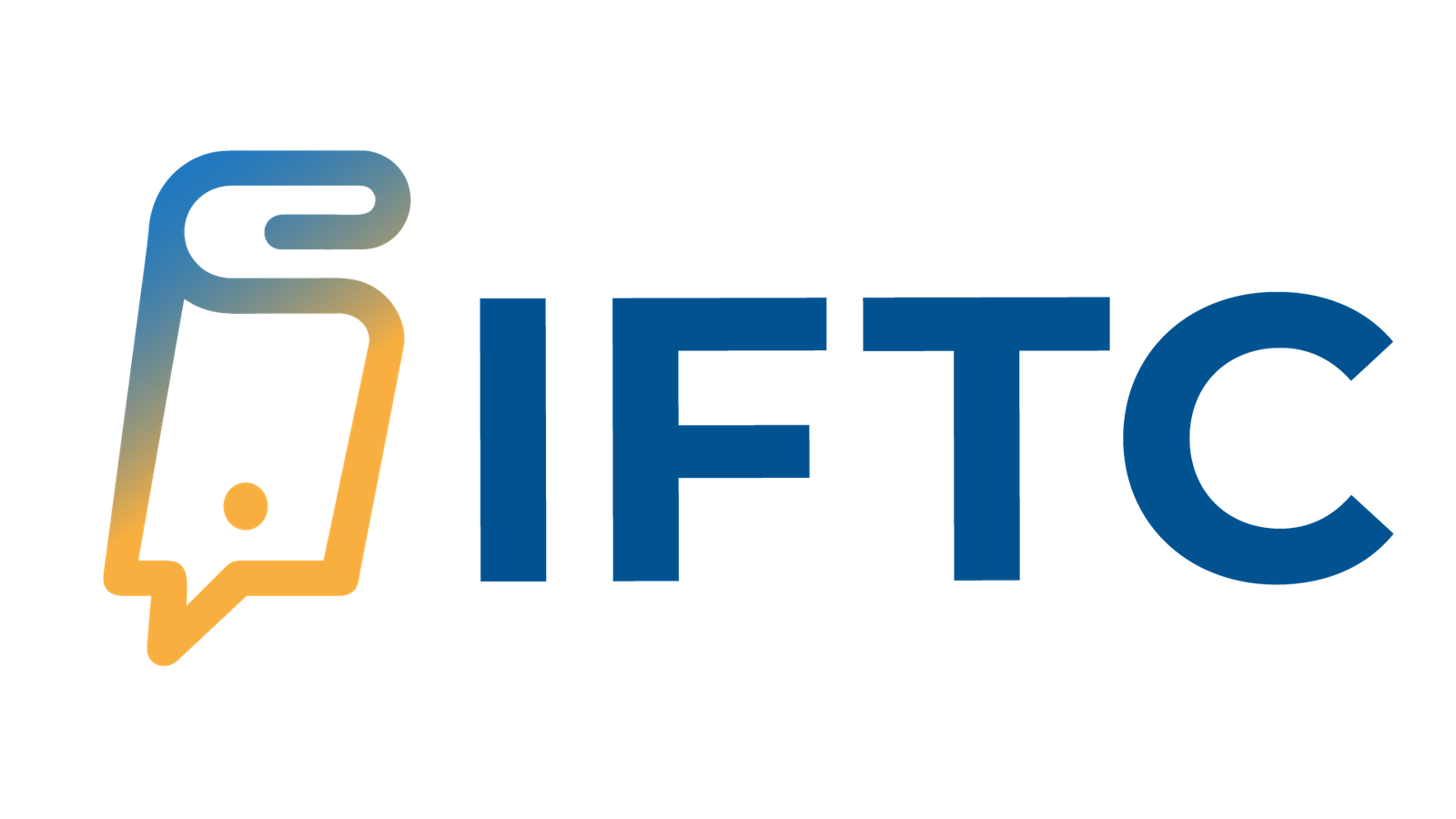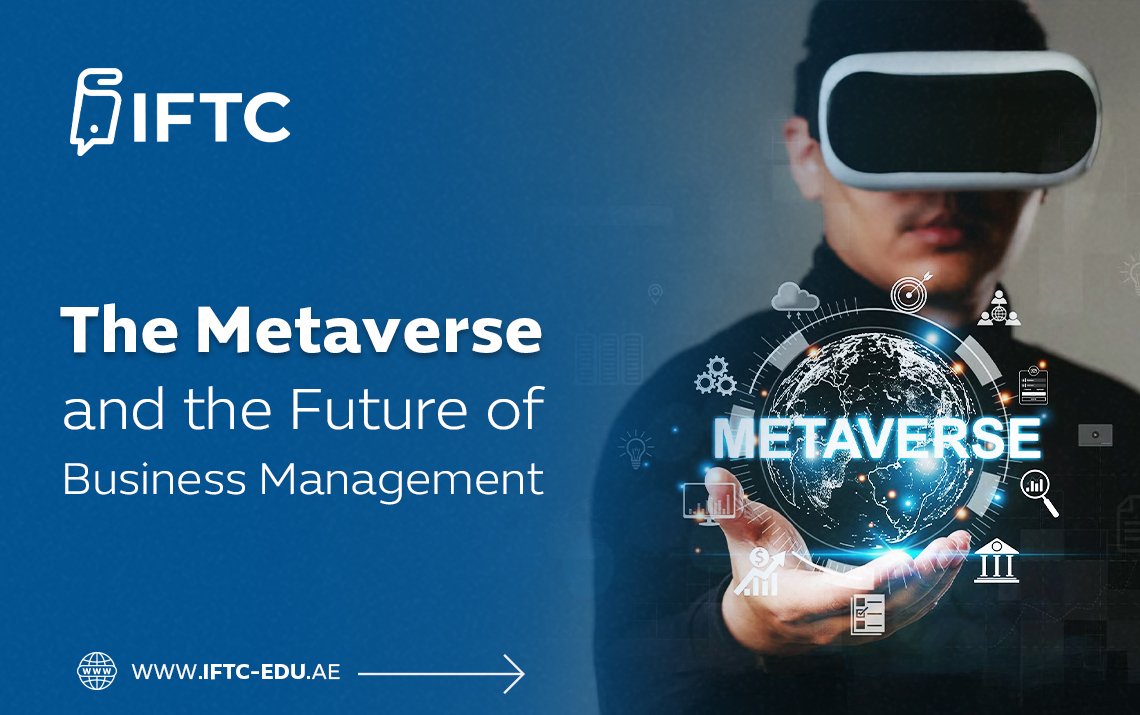
Reskilling and Upskilling in the AI Economy
Introduction: The Skills Earthquake
The rapid rise of artificial intelligence (AI) has triggered what many experts call a skills earthquake. Traditional roles are disappearing, new ones are emerging, and nearly every job is being reshaped by automation, data, and machine learning.
According to the World Economic Forum, by 2030 nearly one billion workers worldwide will need reskilling as AI and automation transform industries. For organizations, this is not merely a workforce challenge—it is a strategic imperative. The ability to reskill and upskill employees will determine which companies thrive and which are left behind in the AI-driven economy.
Reskilling vs. Upskilling: What’s the Difference?
- Reskilling: Training employees to take on completely new roles. Example: a factory worker retrained to become a robotics technician.
- Upskilling: Enhancing current skills to adapt to evolving job requirements. Example: a marketing manager learning to use AI analytics tools.
Both are crucial in the AI economy because automation simultaneously eliminates tasks and creates new opportunities.
Why Reskilling and Upskilling Matter in the AI Era
- Job Displacement
AI is automating repetitive tasks—data entry, logistics scheduling, even legal document review. Workers in these roles must reskill for new functions. - Job Transformation
Most jobs won’t vanish but will evolve. Accountants, for instance, are shifting from manual bookkeeping to data analysis and advisory roles. - Talent Shortages
There is a global shortage of AI specialists, data scientists, and cybersecurity experts. Upskilling existing employees is faster and cheaper than hiring externally. - Employee Engagement and Retention
Workers want employers who invest in their growth. Companies that offer reskilling opportunities build loyalty and reduce turnover. - Future Competitiveness
The AI economy rewards agility. Organizations that continuously adapt skills stay ahead of competitors.
The Key Skills for the AI Economy
- Digital Literacy – Comfort with AI tools, automation systems, and digital platforms.
- Data Analytics – Ability to interpret and leverage data for decision-making.
- Cybersecurity Awareness – Protecting digital assets in an AI-driven world.
- Creativity and Innovation – Designing new products and solutions alongside machines.
- Emotional Intelligence – Skills uniquely human, such as empathy and collaboration.
- Lifelong Learning Mindset – Adaptability and willingness to continuously learn.
Corporate Strategies for Reskilling and Upskilling
- Learning as a Core Strategy
Companies must treat learning as integral to their strategy—not an HR afterthought. Amazon, for instance, committed over $700 million to reskilling programs. - Personalized Learning Paths
Use AI-driven platforms to tailor training to each employee’s strengths, weaknesses, and career goals. - Blended Learning Models
Combine online courses, workshops, mentorship, and real-world projects to maximize impact. - Microlearning and Just-in-Time Training
Short, focused lessons integrated into daily work help employees acquire skills without leaving their jobs. - Partnerships with Universities and EdTech Firms
Collaborating with external providers ensures access to cutting-edge curricula. - Incentives for Continuous Learning
Recognize and reward employees who pursue additional skills.
Case Studies
- AT&T
Faced with obsolete roles, AT&T invested $1 billion in reskilling, offering employees training in cybersecurity, data science, and cloud computing. Result: improved retention and competitiveness. - PwC
Launched a global “Digital Fitness” program, encouraging employees to self-assess and improve digital skills. - IBM
Focused on “new collar jobs” by reskilling employees without four-year degrees for AI and cloud-related positions. - Middle East Examples
The UAE’s “National Program for Coders” and Saudi Arabia’s Vision 2030 initiatives emphasize reskilling citizens for the digital economy, with a strong focus on AI and advanced technologies.
Challenges in Reskilling and Upskilling
- Resistance to Change
Employees may fear AI will replace them or resist new technologies. Leaders must create psychological safety and communicate clearly. - Time and Cost
Training requires investment. Small and medium enterprises may lack resources to fund large-scale programs. - Measuring ROI
It can be difficult to track the impact of training on business outcomes. - Keeping Pace with Change
The half-life of skills is shrinking. Some technical skills become obsolete within 2–3 years, requiring constant updating.
The Role of Leaders in Building a Learning Culture
- Model Lifelong Learning: Leaders must demonstrate their own commitment to learning new skills.
- Encourage Curiosity: Reward experimentation and innovation.
- Provide Support: Allocate time, funding, and mentorship for skill development.
- Tie Learning to Strategy: Ensure training programs align with organizational goals.
Future Outlook: Lifelong Reskilling as the Norm
By 2035, the concept of a “static career” will disappear. Employees will need to reinvent themselves multiple times over their working lives. Organizations must prepare for:
- AI-Learning Ecosystems: Platforms that use AI to adaptively recommend training in real time.
- Skills-Based Hiring: Shifting away from degrees toward demonstrated capabilities.
- Global Talent Fluidity: Remote work enabling global competition for skilled roles.
- Government Collaboration: Public-private partnerships to reskill entire workforces.
Conclusion: Thriving in the AI Economy
The AI economy is rewriting the rules of work. Companies that view reskilling and upskilling as optional will struggle to survive. Those that embrace continuous learning will not only retain talent but also unlock new waves of innovation and growth.
For employees, the message is clear: the most valuable skill in the AI era is the ability to learn new skills continuously. For leaders, the challenge is to create ecosystems where learning is not a one-time event but a lifelong journey.



